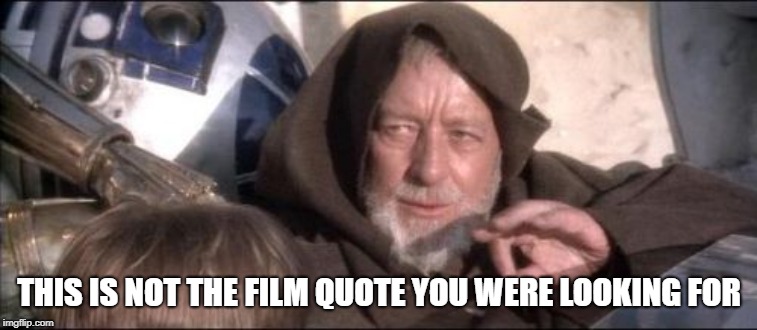Who are you talking to?
Your first question, when starting to write – whether it is web content, a blog, your newsletter, social media or a leaflet – should be ‘who am I writing this for?’
In other words, who is your audience?
Are they people like you, or someone different?
It’s easy to talk to people like yourself; you know the language, you know the cultural references, you know what makes them tick. But if your target audience is not your own demographic, you’d be advised to do some research to find out their lingo, their cultural references and in-jokes, and the buzz words for their group. Google is your friend here!
You also need to work out whether your brand tone is friendly, formal, hip, authoritative, chatty… What suits your business? What will your audience be expecting from you?
You don’t want to sound like you’re putting on an act, but you need to be ticking boxes for the people you’re talking to.
What language are you using?
You need the people you’re talking to (whether they’re reading your newsletter, or a leaflet, or have found your website) to feel that you’re ‘like them’, to be comfortable and ‘at home’ with you, from the start.
Let your personality come through, especially if you’re a small business. You need to be very clear that you’re different from a big business, and showing pictures of you, your team (eg. you & spouse & dog) will state that in a way that will set you apart from your bigger competitors.
This is me attempting to work the other day, for example. You can see the struggles I have!!
Use words that are appropriate for your niche, and pay careful attention to the current buzz words around what you’re selling or the service you’re providing.
If you’re running a series of eco-lodges, your buzz-words will be different than if you’re running a high-end hotel with a fine dining restaurant, and different again from a backpacker hostel, for example.
What cultural references are you making?
The songs, films, TV programmes and jokes that are common currency for my generation (specifically, my generation in this part of the world) will be different to those that apply for people even a decade older or younger than I am. And even the difference between Yorkshire and Cornwall might mean that some things just don’t carry over.
If you’re going to quote song lyrics, or make a joke, or even refer to a historical event, then you need to know that it will resonate with the people who are reading your words. If the reference misses, then you risk one of two things happening:
- Your readership will dismiss you – ‘Oh, this place is run by Oldies / Hip young things’ – and go elsewhere, or
- The point of your reference will be totally lost on them, and they’ll miss a critical point of what you’re trying to tell them.
As a fun example, if you went to a romantic hotel, and the suites were named after the romantic leads in films, would you actually recognise all of the following? Would you understand any themed décor that the owners had lovingly curated for those spaces?
- Buttercup & Westley
- Tony and Maria
- Jack and Rose
- Rhett and Scarlett
- Sebastian and Mia
Answers at the end of the blog, by the way!
So, ‘know your audience’ is they key advice here.
The second part of this blog is about what you’re saying to the audience that you’ve found. Come back next week for another instalment. (You see, my generation pre-dates iPlayer!)
Answers, Princess Bride, West Side Story, Titanic, Gone with the Wind, La la land



Leave a Reply